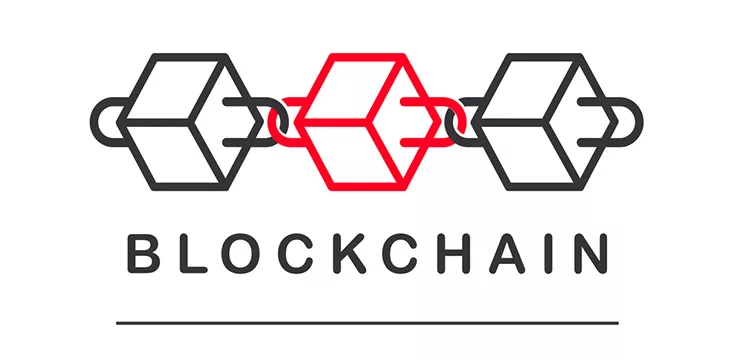|
Getting your Trinity Audio player ready...
|
The latest episode of CoinGeek Discussions saw Daniel Krawisz, the Emperor of Bitcoin, and Hector Lopez, a tech CEO and founder of Instasize, join hosts Alex Vidal and Zachary Weiner on X Spaces. The discussion covered lots of ground, from using blockchain to solve real problems to the ongoing debate on locking coins versus proof of work, and much more.
Locking up coins versus proof of work as costly signals
Krawisz kicks things off with an insightful take: the problem with information today is not censorship; it’s searchability. If the big platforms remove you, there’s no way to find a piece of information in another location. He thinks we can empower individuals to control the flow of information by giving them the ability to boost signals with proof of work. Freedom of speech without freedom of reach is meaningless, he says.
Drawing on an analogy from evolutionary biology as he often does, Krawisz says provable waste and handicaps such as deer antlers are how animals attract each other in nature. Proof of work is the online version of this, and locking coins is another possible way. The issue is that they attract and benefit different types of people; locking coins is likely to benefit traders, while proof of work will benefit people who are good at transforming energy.
Weiner believes both signals could compete, and Vidal says the group can potentially circle back to this subject later when Greg Ward joins them.
The real world doesn’t care—we need to build solutions and services
Hector Lopez weighs in on this issue, saying that locking up coins only has value to people in the BSV blockchain community. It doesn’t actually solve any real problems. The outside community doesn’t care, and even the wider digital currency industry is tiny and mostly irrelevant to the rest of the world.
In Lopez’ view, blockchain is an immutable record of truth, and that’s its real value. People lie, and the blockchain can help us determine the facts. In his view, CERTIHASH cybersecurity tool Sentinel Node is the most compelling use case so far; it’s something that can save governments time and money.
Bitcoin needs a building culture, Lopez says. Everybody needs to focus on real-world solutions and services rather than pumping token prices. Later, he tells Vidal he hasn’t found the use case to build himself yet, and he’s busy with other things, such as running his company and raising his family.
Hooligan Culture talks about rewarding customers using Bitcoin and whether he’s a Bitcoin maximalist
Speaking of real-world businesses and solutions, one entrepreneur who has built one is Hooligan Culture. His apparel brand has a unique way of rewarding customers using BSV—those who buy a t-shirt (for example) get a small cut of the next purchase they helped popularize by making a purchase.
Does Hooligan consider himself a Bitcoin maximalist? In the sense that most use cases he has encountered can be done better on Bitcoin, yes. Some other digital ledgers may have some value, but Bitcoin is number one as far as he is concerned.
Would a higher BSV price lead to more developers?
Vidal notes that when BSV had a $200 price, there were many more developers in the ecosystem. He wonders if the price increase might attract them back or bring new ones in, and that might benefit everyone.
Lopez says it’s possible that it would, but it’s also possible that those developers were around because it was earlier in BSV’s history. It wasn’t necessarily the price of the token that attracted them. He says that, by looking at Ethereum, we can see that it’s the promise of future utility that is the main draw for developers.
Hooligan says that if there’s a culture of actually using the coin, then that’s good. In his business, he can imagine a scenario where, when someone gets $1 of BSV from someone else’s purchase of a t-shirt, and the value of that increases to $10, they’d be pleased.
Greg Ward joins the conversation
Ward joined the conversation about blockchain at a Catholic university in Washington earlier in the day. He says the students were excited about the microtransactions capability of BSV and the general utility of the blockchain. There was no pushback as they haven’t been corrupted by the tribalism of the industry.
Other than that, Ward says he has been working with David Case to look at ways to lock coins in a simpler way. There’s the potential to make it browser-based and much easier, and they’re exploring the various possibilities.
To hear more about the speakers’ views on AI ethics and how blockchain can help, why bad ideas get funded in this industry, and how BTC could experience chain death after the next halving, tune into the discussion. Don’t forget to subscribe to CoinGeek for alerts when the next discussion drops!
Watch: Building a world of good with BSV blockchain

 03-01-2026
03-01-2026 




